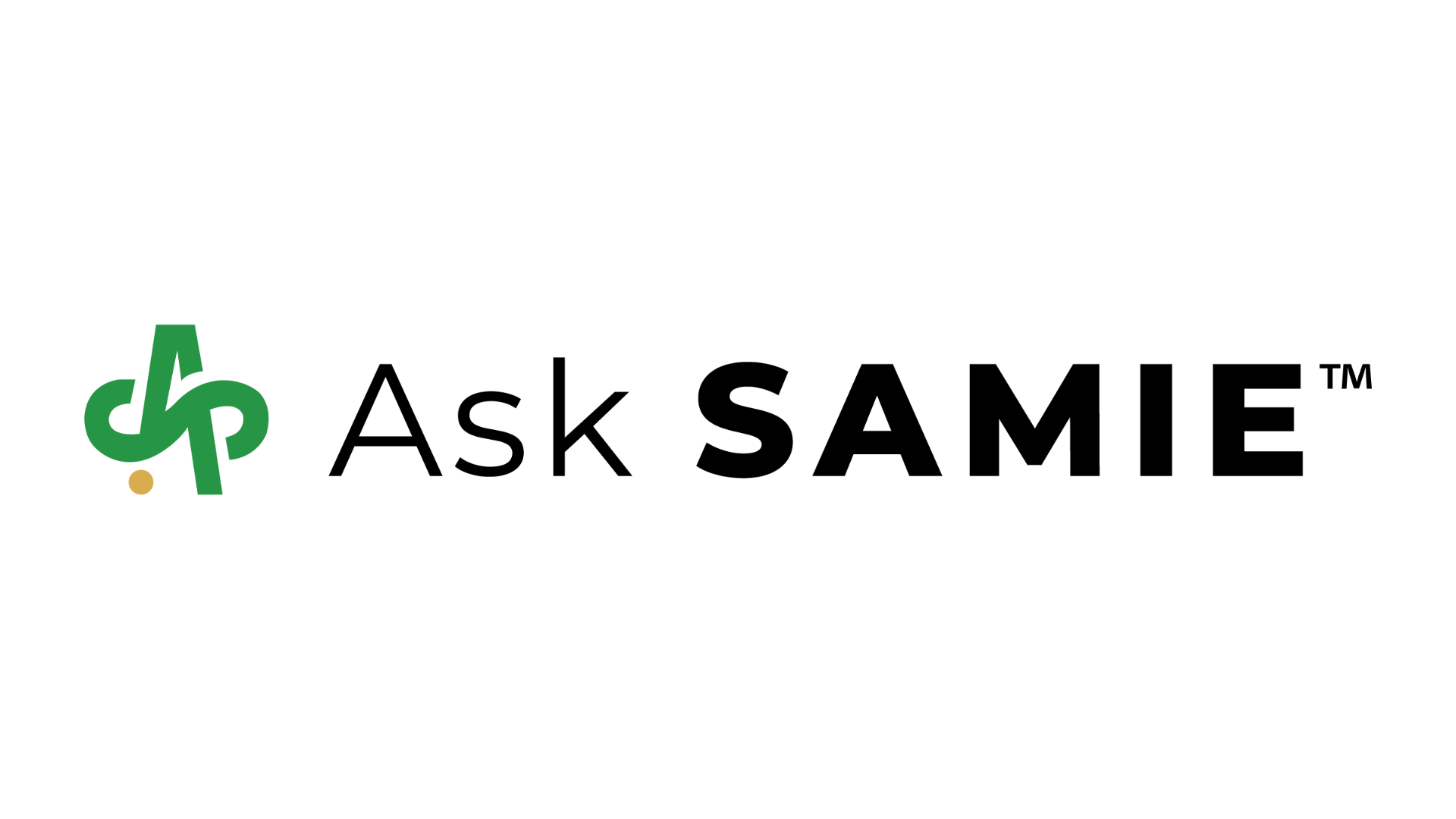How Much Do Vaccines Cost for Adults Over 50?
Vaccinations are a crucial preventive measure for maintaining health, especially for older adults. They help protect against severe illnesses like COVID-19, pneumonia, and shingles, which can have significant health impacts and complicate aging in place. Understanding the cost of these vaccines can help you plan better for your healthcare needs. Here’s a breakdown of the typical costs for adult vaccines:
COVID-19 Vaccine
The COVID-19 vaccine is widely available and often free of charge. The U.S. government has provided funding to ensure that vaccines are accessible to everyone, regardless of insurance status. However, once federal funding ends, the cost might vary:
- Without insurance: Expect to pay around $30 to $100 per dose, depending on the provider.
- With insurance: Most insurance plans, including Medicare, cover the full cost of the COVID-19 vaccine.
Pneumonia Vaccine
Pneumonia vaccines are essential for older adults, as pneumonia can lead to severe complications:
- Pneumococcal Conjugate Vaccine (PCV13 or PCV20): Typically costs between $150 and $200 per dose.
- Pneumococcal Polysaccharide Vaccine (PPSV23): Generally costs about $100 to $150 per dose.
- Insurance coverage: Most insurance plans, including Medicare Part B, cover these vaccines at no cost to the patient if administered by an in-network provider.
Shingles Vaccine
The shingles vaccine, Shingrix, is recommended for adults over 50 to prevent shingles and its complications:
- Cost per dose: Approximately $150 to $200 per dose, with a two-dose regimen.
- Insurance coverage: Many insurance plans cover Shingrix. Medicare Part D also covers it, but out-of-pocket costs can vary, so it's important to check with your specific plan.
Tips for Managing Vaccine Costs
1. Check Insurance Coverage: Verify what your insurance plan covers. Most plans, including Medicare, cover many vaccines, but out-of-pocket costs can vary.
2. Use Pharmacy or Retail Clinics: Vaccines are often available at pharmacies or retail clinics at competitive prices, sometimes lower than at a doctor's office.
3. Community Health Programs: Look for community health programs that may offer vaccines at reduced costs or for free, especially during certain times of the year.
4. Manufacturer Discounts: Vaccine manufacturers sometimes offer discounts or assistance programs to help cover the cost of vaccines.
Conclusion
Vaccinations are a cost-effective way to prevent serious health issues and maintain your ability to age in place. While the costs of vaccines like COVID-19, pneumonia, and shingles can add up, many insurance plans and community programs help make them affordable. For more on vaccines for older adults check out the resources at the National Institute on Aging.
In my practice, I've seen the significant benefits that these preventive measures provide in maintaining health and independence for older adults. Taking advantage of available resources and planning for these costs can help ensure that you remain protected without financial strain.
If you have specific questions about vaccine availability and costs, consult with your healthcare provider or local pharmacy. They can provide the most up-to-date information and help you navigate insurance coverage. For more advice on other aging in place topics, consider using the tools at AskSAMIE.com or consulting with an occupational therapist on our site.


